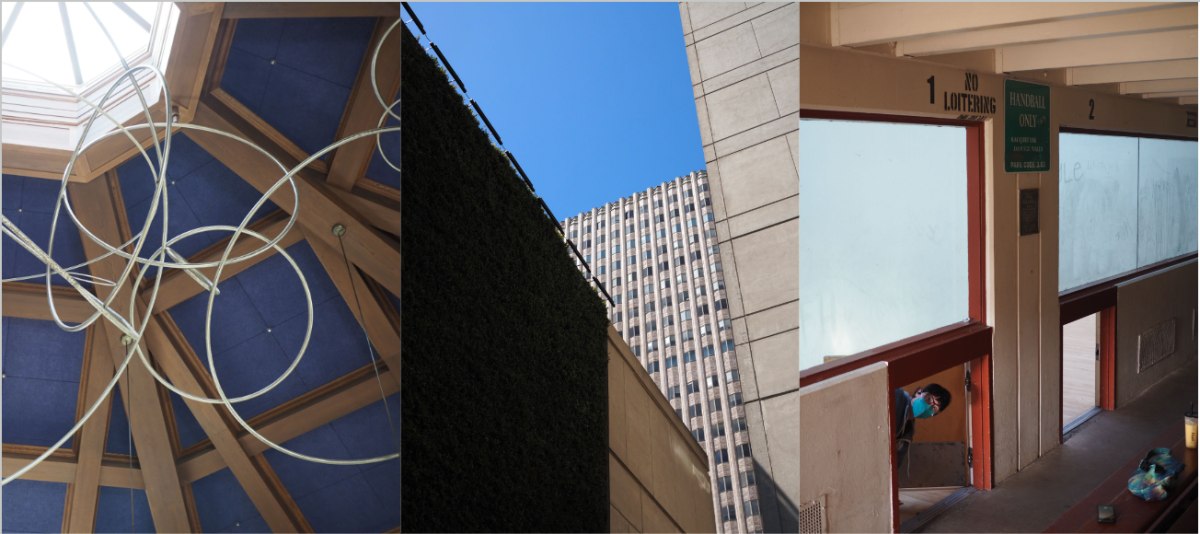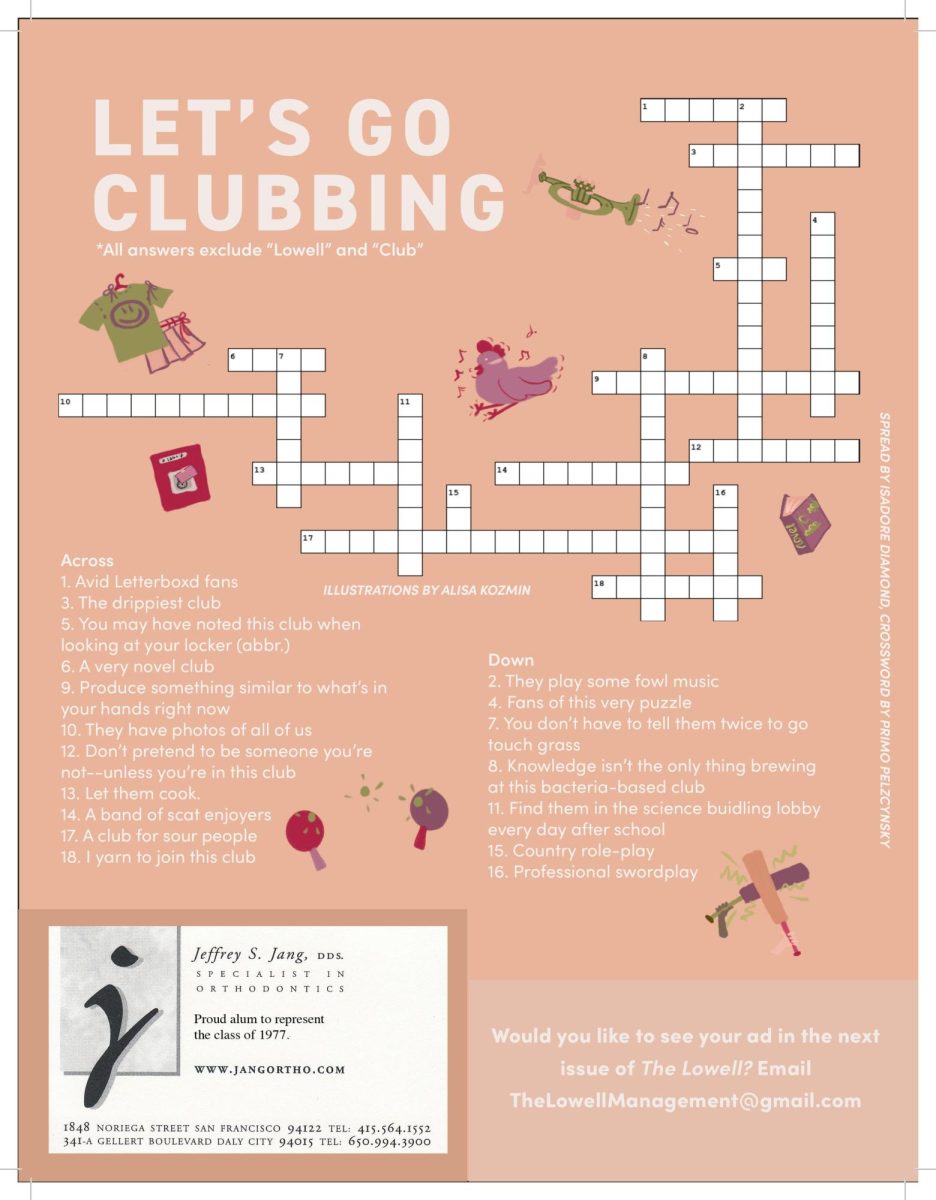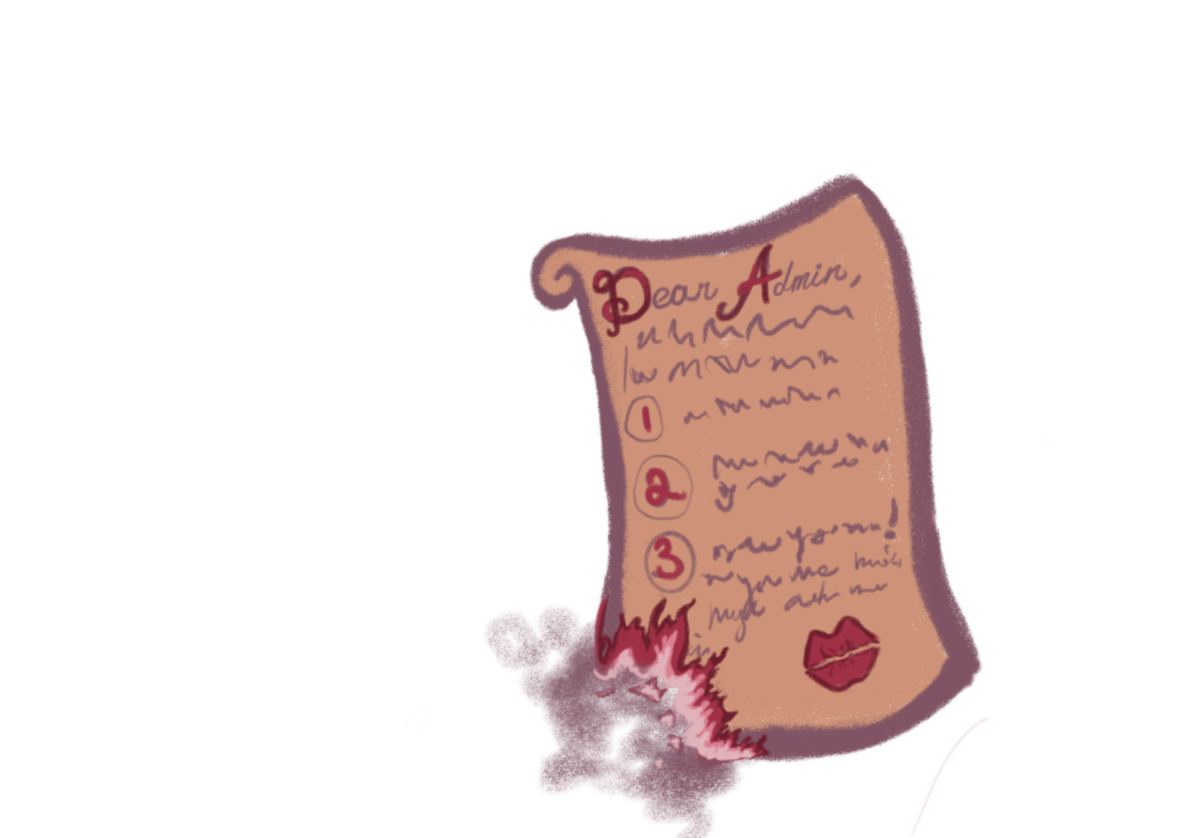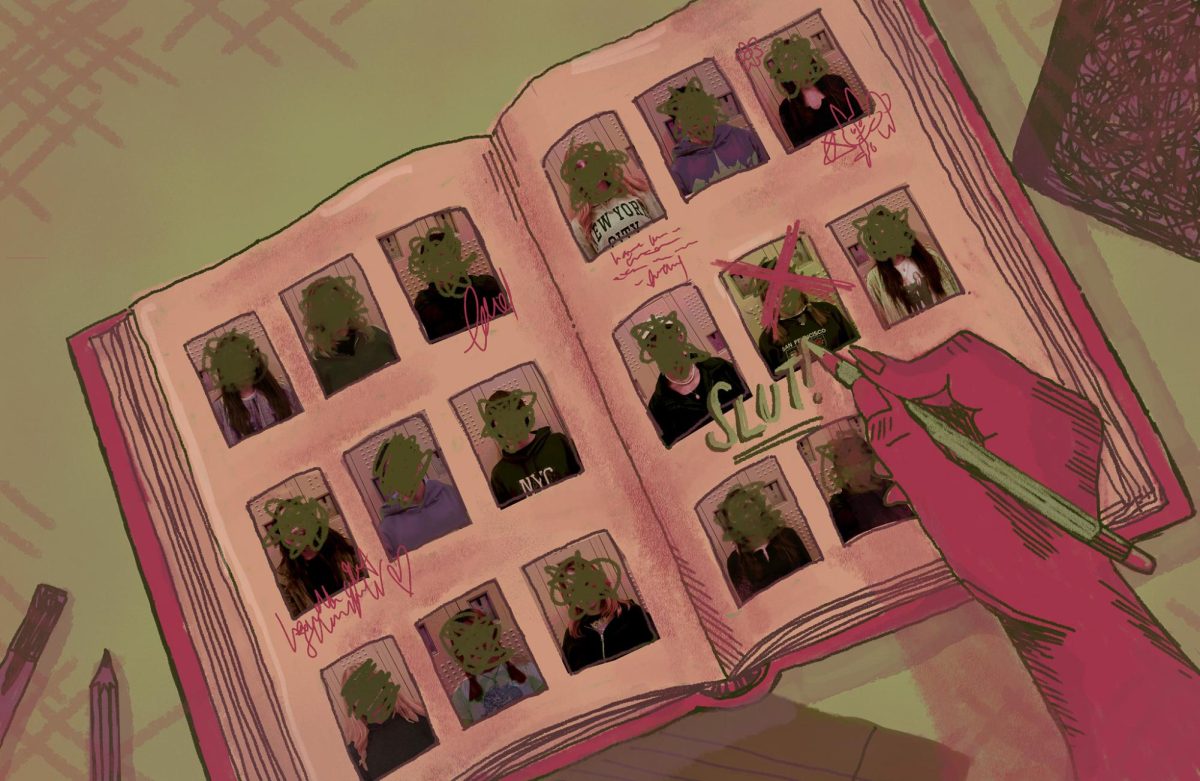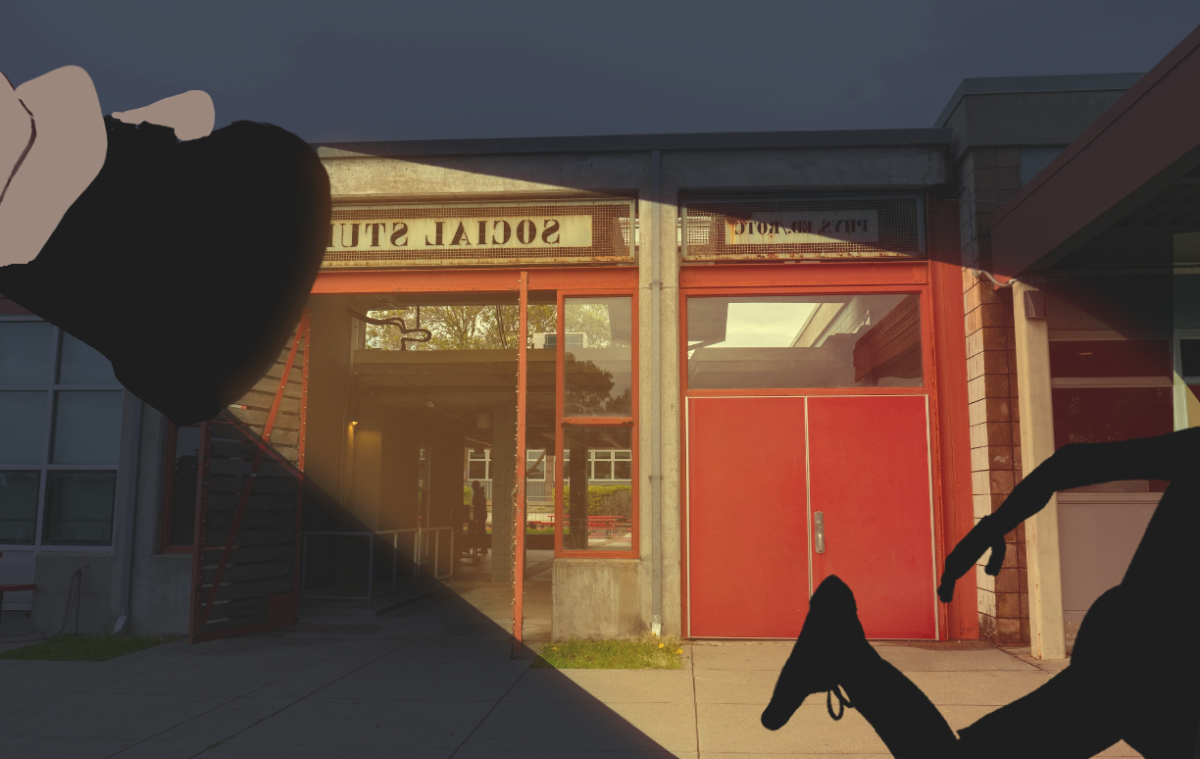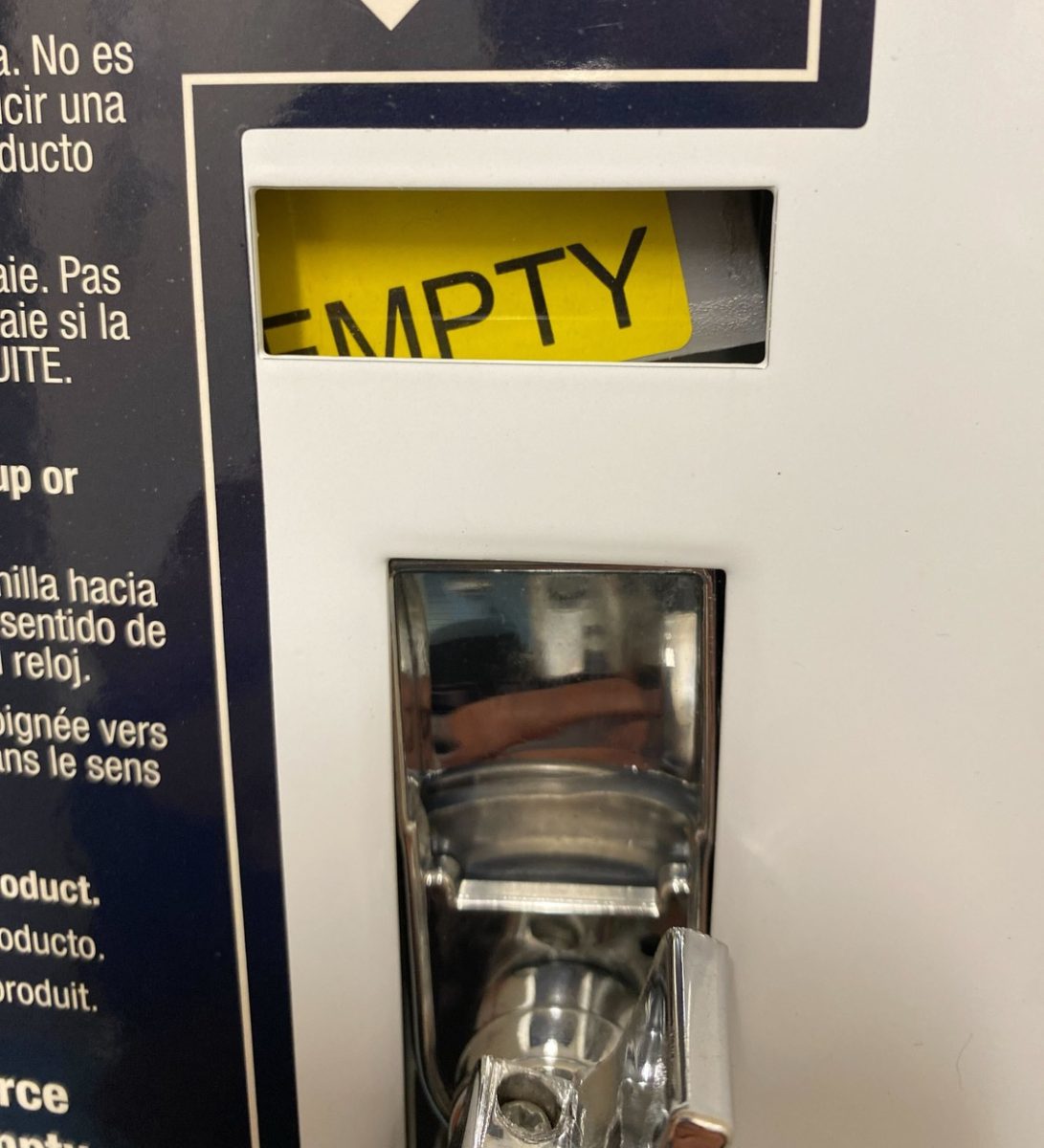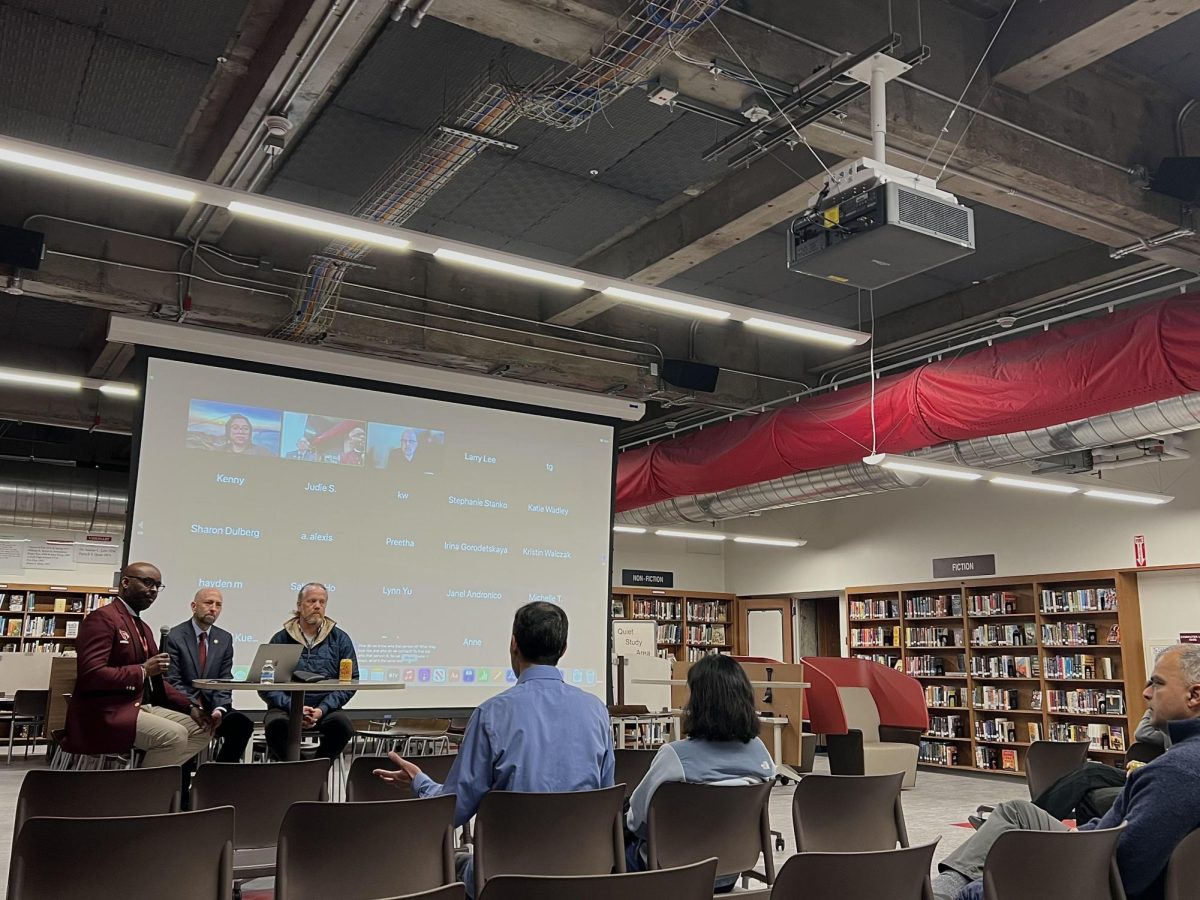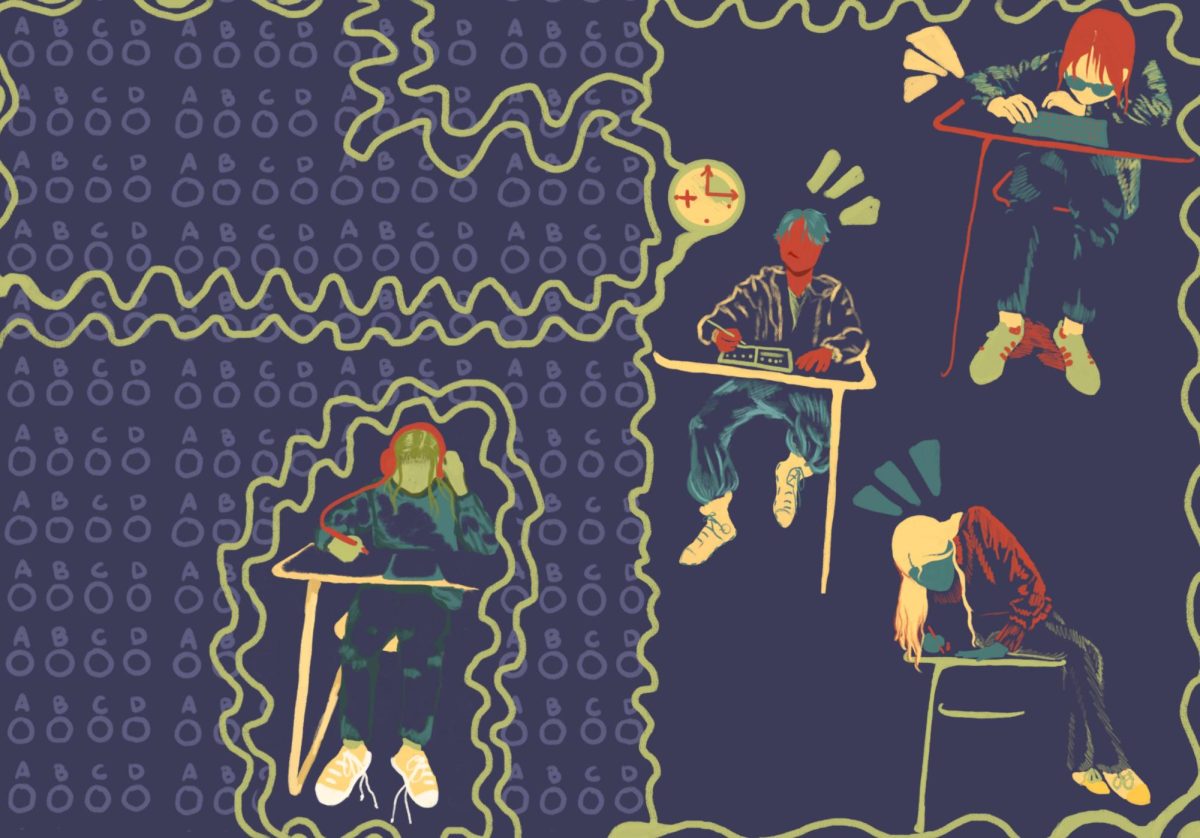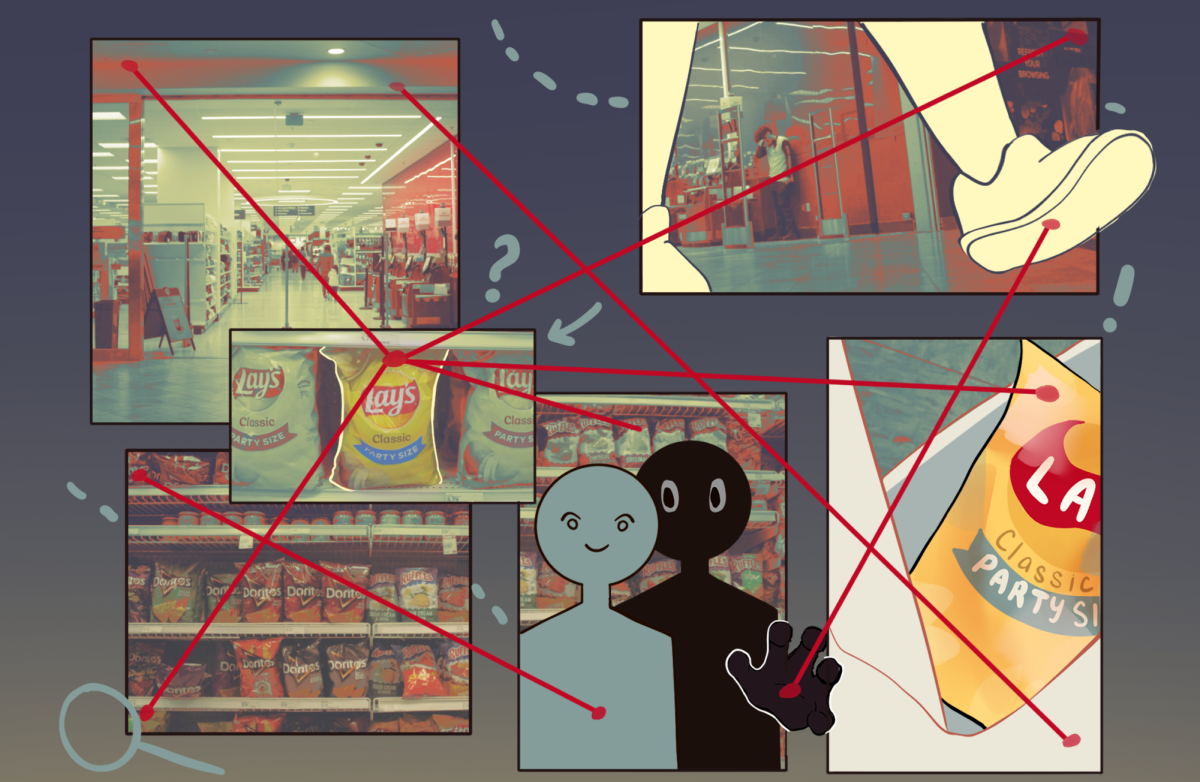Originally published on May 26, 2016
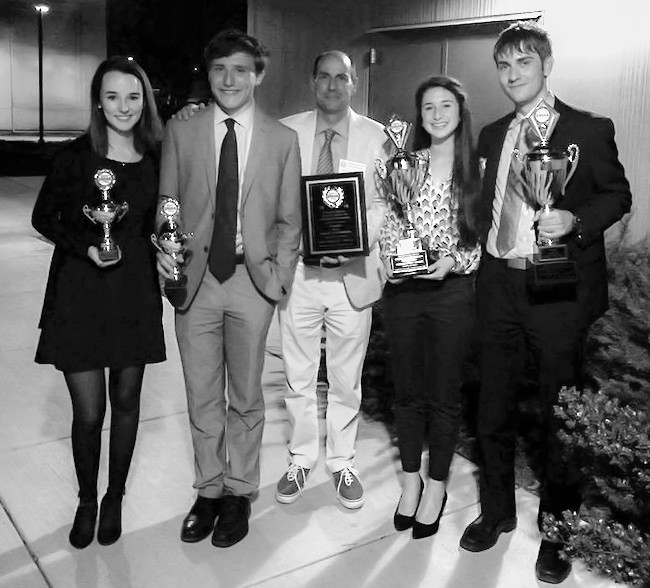
This year, one Lowell Parliamentary debate team won the annual California Speech Association state tournament at Mission College in Santa Clara from April 15-17.
The team was comprised of former Forensics and Parliamentary director senior Thomas White and junior Emily Hall.
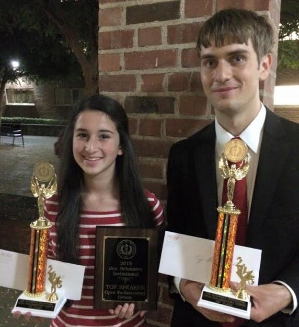
Another team, with senior Andrew Wilcox and current Forensics and Parliamentary director junior Frances Sutton, came in ninth place. Lowell finished 16th in sweepstakes — the first time in over 20 years.
The three Lowell Parliamentary teams — more than any other school in California — sent to states this year were White and Hall, Wilcox and Sutton, and juniors James Sutton and Emily Moon. Two teams — Zachary Hoffman and sophomore Jaden Jarmel-Schneider, and seniors Raul Rosenfeld and Matthew Chin — were one round away from being qualified, but came short. 2016 is the first year Lowell has ever qualified this many teams to go to states, and also the first time female participants were qualified to compete, according to White.
During the tournament, the Lowell teams debated various resolutions, including “California should substantially raise the price of water during drought periods” and “Artificial intelligence poses greater threats than benefits for humanity”. During the final round, White and Hall debated against the team from Archbishop Mitty High School, supporting the resolution, “Media coverage of the 2016 presidential candidates has helped citizens make informed voting decisions.” The five-judge panel voted 4-1 for the Lowell team, providing Lowell with its first Parliamentary Debate state championship in which girls were able to compete.
In order to prepare for the tournaments, Lowell debate has had an incredible amount of practice, according to White. “We’ve debated each other once, twice, or even more every week and we read the news a lot,” White said. “We do lectures on how economics, policy, and other things work so we can be ready for whatever comes up.”
The team was getting into a more advanced space of having a narrative story that paints the picture of the world for the judge to fit the case, rather than just having good arguments and pointing out the flaws of the opponent’s argument, according to White. “Even if your opponents have good arguments, if you win the story, you win the debate,” White said.
The four main branches of forensics are Parliamentary debate, Policy debate, Congress, and Individual Events. In Parliamentary debate, participants are given 20 minutes to prepare on a topic. The teams then debate against each other to try and convince the judge. “Policy debate is faster and more technical; students are given a topic to learn about for the whole year, so it can get through more concrete ideas,” White said. In Congress, like the U.S. Congress, 20 participants sit together and debate, while Individual Events are more broad because events can range from a variety of acting to poetry to humorous interpretations.
THOMAS PROFILE
White, who is now a senior, has been in debate for all four of his years at Lowell. In 2015, he was the director of forensics, and this year, he was the president. In the years White’s been in debate, Lowell’s team has made it to the California state championships four times and the National Speech and Debate Association championships three times.
White learned early on that his team could win not because they knew more than the other team, but because they talked more confidently.
Four years ago, White took part in his first official debate, a novice event, as a freshman. White’s partner at the time, sophomore Eli Pollock, was a year older than him. “I was rather intimidated by him the first time around,” White said.
When he and Pollock were preparing evidence for their argument, Pollock asked him if he had good evidence, saying that his evidence would probably be fine, “as long as it wasn’t from the Daily Show or anything.” After reassuring his partner that it was not, in fact, anything of that sort, White proceeded to use his evidence from the Daily Show in his argument. And he won the round.
White has seen how the team has changed. One of his proudest memories was his first time as director, when he walked into a Golden Gate Speech Association event and saw just how many Lowell students were attending. “I realized that we were taking up three tables and spilling onto the floor… we were like a refugee camp,” White said. “I realized that something is starting here that wasn’t here before.”
White thinks that the renewed interest in debate is what got their team to the state championships this year. He has seen the numbers of students joining forensics rise, especially in Parliamentary debate. Lowell debate alumni are now coming to current meetings. Forensics coach and director Terence Abad agrees that the number of students in Forensics has grown significantly, having grown this year from about 100 to about 125 students participating in tournaments.
White himself has grown and changed because of debate. “I’ve learned to care about groups,” White said. “Before debate I was very much an insular person, and I didn’t really have very many things that I could get up and care about.”
Abad believes that White’s skill in speech and debate has progressed significantly through the years, but that not everything has changed. “He still has this incredibly active mind, that seems to know an awful lot about an awful lot of stuff… the kind of mind that makes connections really quickly,” Abad said. “That has not changed.”
But according to Abad, White has improved in terms of presentation, persuasiveness, and confidence. Abad remembers that when White first started, “his brain was firing out ideas much faster than his mouth could process them.” White’s intelligence has not changed, but he has become much more smooth in his delivery.
White’s commitment to debate has not always been easy to balance with the rest of his life. During his time as director, there were days when he would spend eight hours online trying to get field trip forms and drivers forms to debates in, according to White. Next fall, White will be attending Stanford, where he plans to study aerospace engineering. There is a debate program at Stanford, but White is unsure whether he will join because they focus on policy style debate, which is not his favorite type.
“We will miss his wide range in knowledge and his ability to share that with people and bring them up to speed in a lot of areas,” Abad said. “And it’ll be difficult to replace that; I don’t think we will.”



